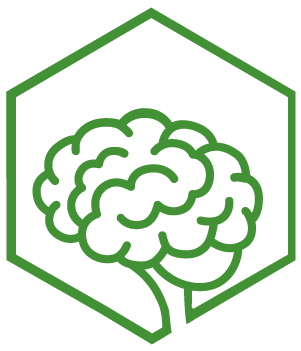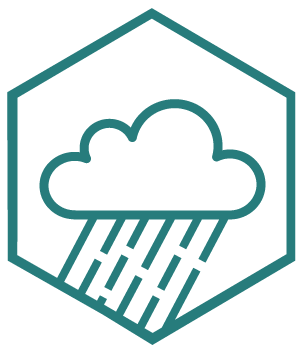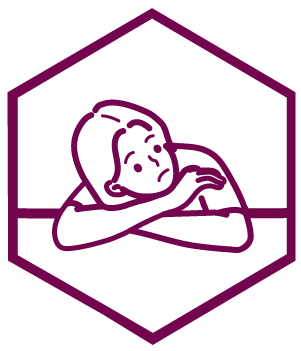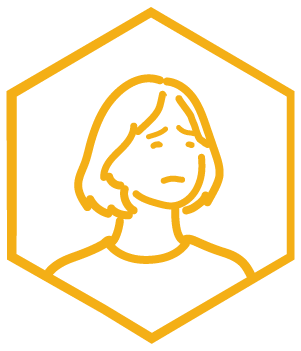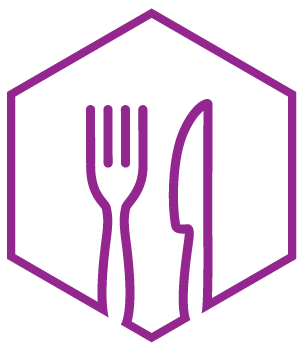Some things that can lead to becoming an adult difficult:
Overprotective parents or guardians: An overprotected young person has fewer opportunities to make decisions or deal with difficult choices.
Making choices on our own help us to develop and prepare for the challenges of adult life.
Lifestyle: Some people attach too much importance to pleasure, this can mean they avoid making important decisions or taking on simple responsibilities.
Fear or disgust of taking responsibility: It can look like a good option for some to remain in a young person’s mentality – a time when there are fewer and easier decisions to be made. This mindset can even lead to denial of responsibility.
Feeling like you can’t handle becoming an adult
For some people it can be difficult to feel like they can handle becoming an adult from the outset, this can leave them feeling overwhelmed with even the thought of becoming one.
If you are one of many who hate being an adult, you might want to consider if you are engaging in all-or-nothing thinking. All-or-nothing thinking is what we believe we are experiencing. This often involves using absolute terms, such as always or never responses when making decisions. Thinking this way can stop our ability to see the alternatives in a situation or solutions to a problem.
There is also, being hard on yourself. We’re all guilty of being hard on ourselves from time to time. We are all perfectly imperfect. We cannot expect to be perfect and happy all the time.
We must accept: No person will ever be perfect, and you will never be perfect (and that is okay!) As much as we would all like to be perfect, it’s just simply impossible to do everything and be perfect 100% of the time. But, that doesn’t mean we cannot be successful by striving to do our best, to the best of our abilities.


